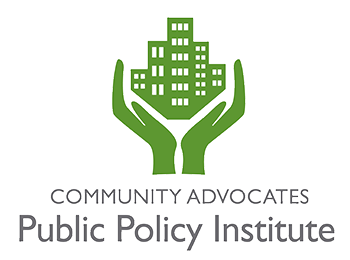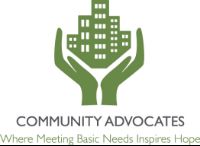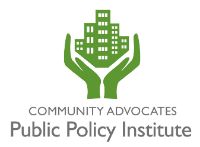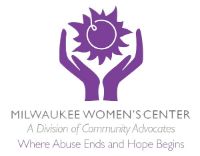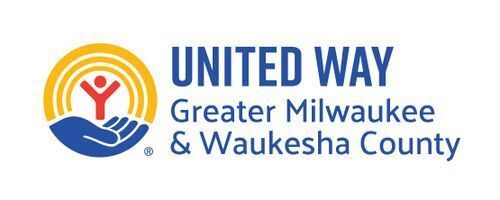Improving Behavioral Health Services and Care for Your Sexual and Gender Diverse Clients: Rethinking Minority Stress

Registration for this session has closed. We'll post the video on our website as soon as we can.
Overview: For over two decades, the minority stress model has guided research on the health of sexually diverse individuals (those who are not exclusively heterosexual) and gender-diverse individuals (those whose gender identity/expression differs from their birth-assigned sex/gender). According to this model, the cumulative stress caused by stigma and social marginalization fosters stress-related health problems.
Yet studies linking minority stress to physical health outcomes have yielded mixed results, suggesting that something is missing from our understanding of stigma and health. Social safety may be the missing piece. Social safety refers to reliable social connection, inclusion, and protection, which are core human needs that are imperiled by stigma. The absence of social safety is just as health-consequential for stigmatized individuals as the presence of minority stress, because the chronic threat-vigilance fostered by insufficient safety has negative long-term effects on cognitive, emotional, and immunological functioning, even when exposure to minority stress is low. We argue that insufficient social safety is a primary cause of stigma-related health disparities and a key target for intervention.
Learning Objectives:
Learning objective 1: Understand limitations of the traditional "minority stress" explanation of the unique mental health challenges facing sexually-diverse and gender-diverse populations
Learning objective 2: Understand the new insights offered by “social safety theory,” which emphasizes insufficient social safety (rather than “minority stress”) as a primary contributor to mental and physical health problems in marginalized populations, through the pathway of sustained threat-vigilance and its impact on the mind and the body.
Learning objective 3: Understand the diversity of manifestations of social safety (and, correspondingly, manifestations of social safety deficits) across a diverse range of environments, including family, workplace, the healthcare system, and the community at large.
Who Should Attend: Community-based behavioral health professionals and students in Wisconsin, as well as allied community members.
About Lisa Diamond, Ph.D.: Lisa M. Diamond (she/her) is Distinguished Professor of Psychology and Gender Studies at the University of Utah, and president-elect of the International Academy for Sex Research. For nearly three decades, she has studied the development and expression of gender and sexuality across the life course. Her current work focuses on the biobehavioral mechanisms through which social stigma, social stress, and social safety shape the health and well-being of sexually-diverse and gender-diverse individuals at different stages of development. Dr. Diamond is best known for her research on sexual fluidity, which describes the capacity for individuals to experience unexpected shifts in sexual identity and expression over time. Her 2008 book, Sexual Fluidity, published by Harvard University Press, has been awarded the Distinguished Book Award from the American Psychological Association’s Society for the Study of LGBTQ Issues. Dr. Diamond is also co-editor of the first-ever APA Handbook of Sexuality and Psychology, published in 2014, and is a fellow of two divisions of the APA.
About the Series: Improving Behavioral Health Services and Care for Your Sexual and Gender Diverse Clients: A Series of LGBTQ+ Educational Opportunities for Health Providers is a six-part monthly convening to promote greater awareness of the experiences of sexual and gender diverse individuals in the behavioral health care system to improve services. It is provided free of charge thanks to generous support from the Wisconsin Department of Health Services Division of Care and Treatment Services. Community Advocates Public Policy Institute will offer sessions once a month via Zoom and will archive the videos for viewing upon request. Sessions will be posted on this website's calendar as they are made available. Professional continuing education credits or a certificate of completion are available for those who complete the live or archive sessions and a post-session survey on session content.
